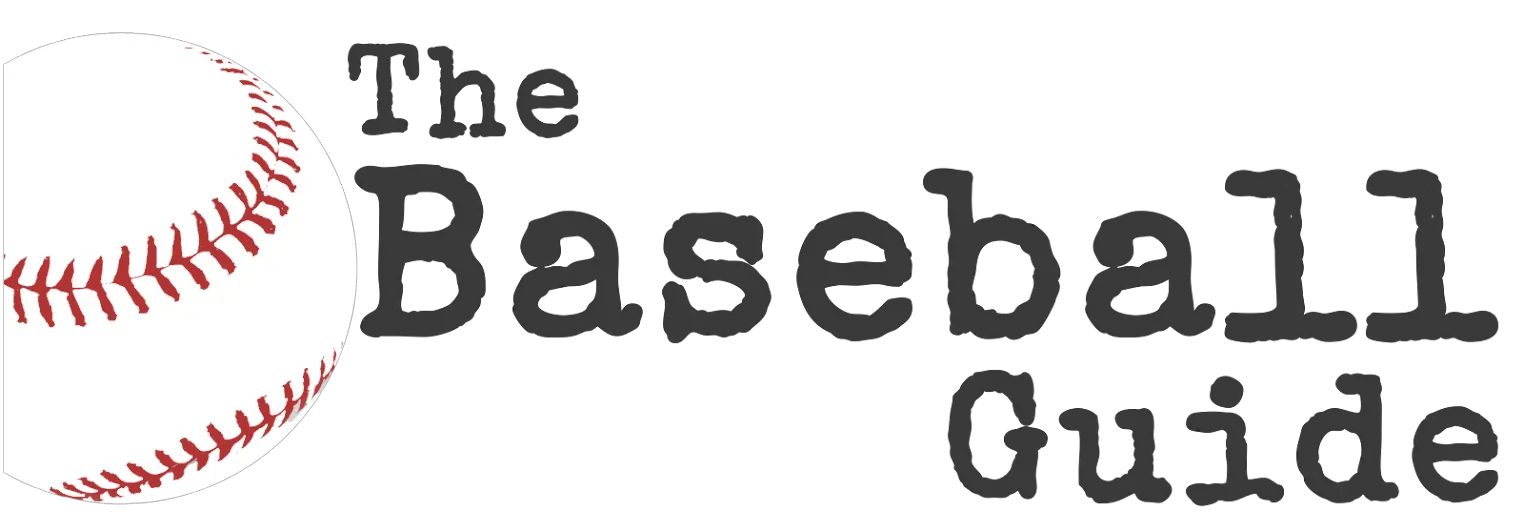Major League Baseball (MLB) umpires are part of a prestigious group tasked with maintaining the integrity of America’s beloved sport. Their role is crucial in influencing the flow and outcome of each game. Becoming an MLB umpire is a dream for many baseball enthusiasts, but it’s a milestone that requires extensive training, a deep understanding of the game, and the utmost professional integrity. This guide will shed light on the journey to becoming an MLB umpire, providing detailed insights and practical guidelines. With dedication and perseverance, you too, could find yourself on the field, upholding the spirit of baseball.
How to become an MLB umpire?
- Meet Basic Requirements: To begin your journey as an MLB umpire, you need to meet some basic prerequisites. This includes having a high school diploma or G.E.D, possessing 20/20 vision (glasses or contacts are acceptable), demonstrating athletic ability, maintaining a reasonable body weight, and showcasing quick reflexes, good coordination, and excellent communication skills.
- Explore Amateur Umpiring Opportunities: Start your umpiring experience at the amateur level, for example, in Little League games. This initial step provides you with an understanding of the pressures and challenges that umpires face.
- Join an MLB Umpire Camp: These camps, which are held in various cities such as Cincinnati, Chicago, Houston, San Bernardino, and Norfolk, offer you a chance to learn more about umpiring. One free camp is organized per month. If you shine in these camps, you could earn a fully paid invitation to the Umpire Prospect Development Camp.
- Umpire Prospect Development Camp: This is a four-week, invitation-only camp that plays a critical role in your umpiring training process. The camp helps you to further develop your skills under the guidance of professional staff.
- Evaluation in Minor League Ranks: Upon selection, you will enter the Minor League as an umpire. MLB evaluates your performance, just as baseball prospects are assessed by their clubs, looking at various aspects including calling balls and strikes, managing the field, and overall impact on the game.
- Supervision and Development: Under the supervision of former Major League umpires, your progress is continuously evaluated. This constant assessment is part of a new initiative – the Umpire Prospect Development Camp – which aligns with MLB’s takeover of Minor League operations.
- Advancement Opportunities: Performing well in the Minor League can pave the way for your advancement. Top performers may have the opportunity to skip certain Minor League levels, similar to player development processes.
- Temporary Opportunities in MLB: If there are injuries or scheduling conflicts at the MLB level, top-performing Triple-A umpires might get the chance to step in temporarily. These short-term assignments are a great opportunity to get a taste of the big leagues.
- Full-Time MLB Umpire Position: If you excel in your temporary roles and consistently deliver high-quality umpiring, you may eventually secure a full-time umpire position with MLB.
- Stay Informed and Adapt: As an MLB umpire, it’s important to stay updated with any new rules and changes in the game. Adapting to modern demands, such as new rules including pitch timers, infield shift limitations, and bigger bases, is key to your ongoing success.
How long does it take to be an MLB umpire?
The journey to becoming a Major League Baseball (MLB) umpire is not a fixed timeframe, but it generally takes around 8 to 12 years of professional experience before one can reach the Triple-A level. This is the final stepping stone before entering the Major Leagues. Upon reaching Triple-A, you’re viewed as a potential MLB umpire candidate. However, it’s important to note that only the most proficient Triple-A umpires are given the chance to advance to the Major Leagues. So, you can say, there is no guaranteed timeline to become an MLB umpire, as it significantly depends on the individual’s performance and the opportunities that come their way.
Is it hard to become an MLB umpire?
Indeed, it is quite challenging to become an MLB umpire. The path to this prestigious position begins in the minor leagues, where individuals must demonstrate unwavering dedication, relentless hard work, and profound perseverance. Serving as a minor league umpire is not for the faint-hearted. It’s an intense role that demands long working hours and constant travel, often from one city to another, with little time for rest or personal life. Moreover, the financial compensation during this phase is significantly lower than what an MLB umpire earns. These factors combined make the journey to the Major Leagues a rigorous and demanding process, requiring immense passion for the sport and a strong commitment to the profession.

